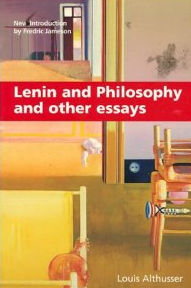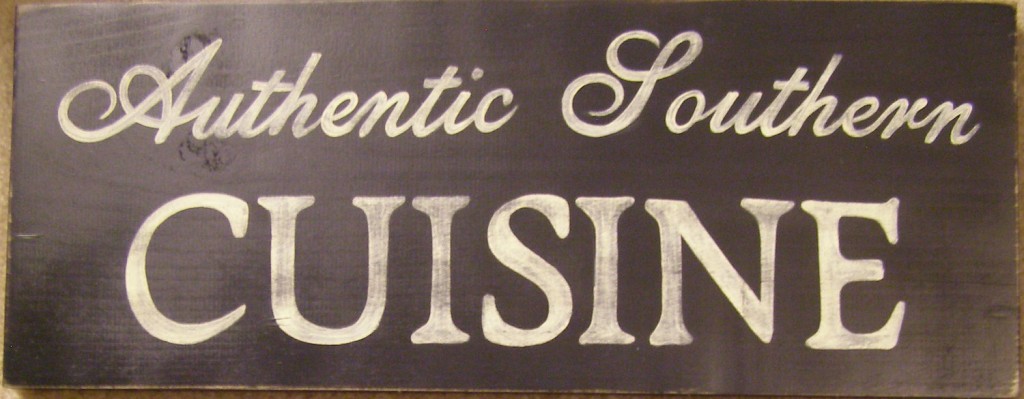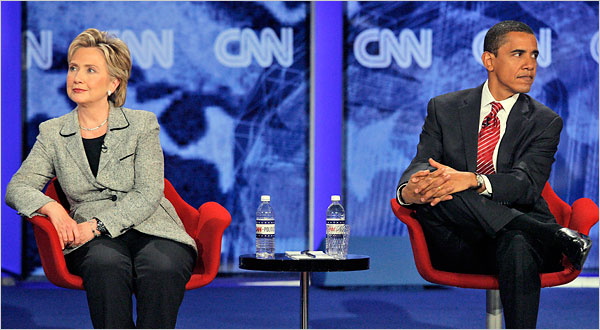 Russell McCutcheon is one of the three series editors for a newly founded monograph series with Brill of the Netherlands: Supplements to MTSR.
Russell McCutcheon is one of the three series editors for a newly founded monograph series with Brill of the Netherlands: Supplements to MTSR.
The series considers books for publication that explicitly address issues of theory (whether explanatory or critique) and methodology (the study, not simply the use, of method) in the academic study of religion. The first volume contracted in the series is a retrospective volume celebrating MTSR‘s 25th anniversary.


 Louis Althusser’s (d. 1990) essay collection, Lenin and Philosophy and Other Essays (1968; English translation 1971), in particular the essay entitled
Louis Althusser’s (d. 1990) essay collection, Lenin and Philosophy and Other Essays (1968; English translation 1971), in particular the essay entitled National Public Radio’s science correspondent, Shankar Vedantam, reported yesterday on some empirical research on the effects of people doing those patterned and repetitive, rule governed behaviors that we call rituals.
National Public Radio’s science correspondent, Shankar Vedantam, reported yesterday on some empirical research on the effects of people doing those patterned and repetitive, rule governed behaviors that we call rituals. Have you heard of Nestlé’s new product “Resource”? With bottled water a competitive
Have you heard of Nestlé’s new product “Resource”? With bottled water a competitive  Perhaps one of the more important articles demonstrating, in a practical situation (the production and sales of so-called Oriental carpets), how discourses on authenticity are ways of managing an otherwise unregulated economy of signification (both meaning and value), is
Perhaps one of the more important articles demonstrating, in a practical situation (the production and sales of so-called Oriental carpets), how discourses on authenticity are ways of managing an otherwise unregulated economy of signification (both meaning and value), is 
 In early September 2013 there’s a
In early September 2013 there’s a 
 In preparation for the first meeting of Culture on the Edge, at the University of Alabama, the group looked at some resources that purport to study identity in a more dynamic, theoretically-engaged way–e.g., works devoted to studies of diaspora, hybridity, syncretism, etc.–in hopes of finding models for how to study the production and movement of identity but without (unintentionally, perhaps) reproducing the very thing one means to study.
In preparation for the first meeting of Culture on the Edge, at the University of Alabama, the group looked at some resources that purport to study identity in a more dynamic, theoretically-engaged way–e.g., works devoted to studies of diaspora, hybridity, syncretism, etc.–in hopes of finding models for how to study the production and movement of identity but without (unintentionally, perhaps) reproducing the very thing one means to study.